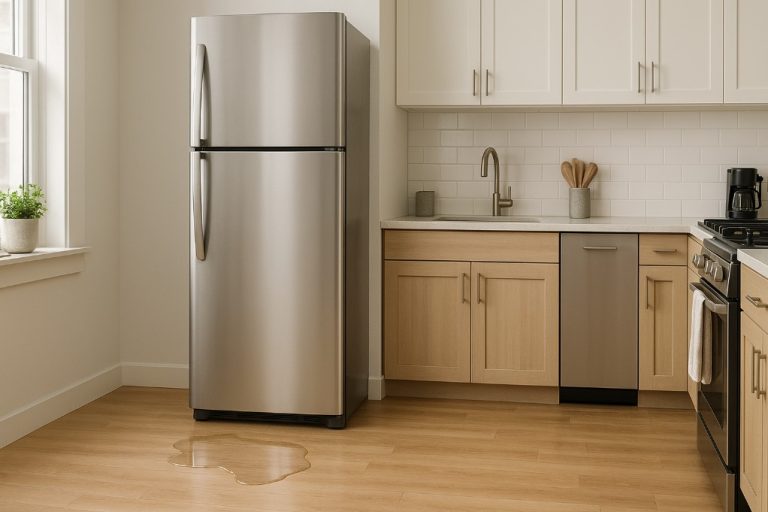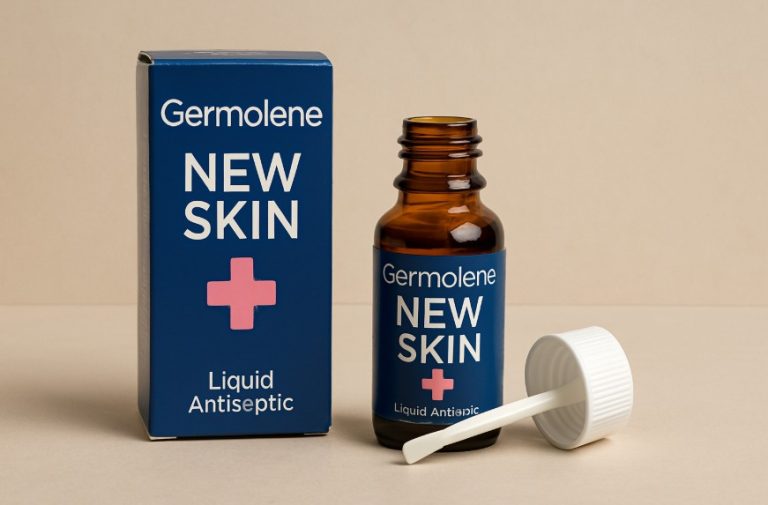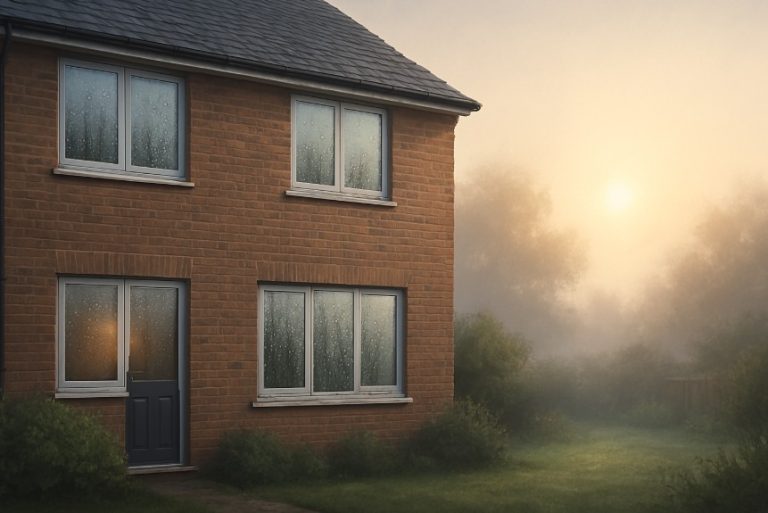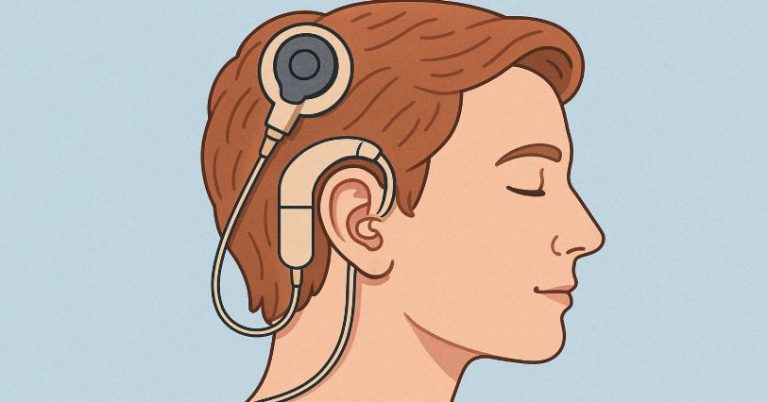Why does alcohol make me sleepy, even when I have had only one or two drinks? Why does it seem to help me drift off faster, yet leave me feeling groggy and unrested the next morning?
These are questions that many people ask after experiencing the drowsy effects of alcohol. The answer lies in how alcohol acts on the brain, the nervous system, and the body’s natural rhythms.
Alcohol is a powerful central nervous system depressant. It slows down the brain by enhancing certain calming chemicals while suppressing stimulating ones.
This creates the illusion of restfulness, but the sleep that follows is often shallow, fragmented, and less restorative than natural rest.
While a drink may help someone nod off quickly, it can rob them of crucial sleep stages such as rapid eye movement (REM) sleep and can even disrupt the hormones that control the sleep–wake cycle.
Understanding these processes explains why alcohol makes people feel sleepy and, importantly, why the rest it provides is of poor quality.
How Does Alcohol Act as a Depressant on the Brain?
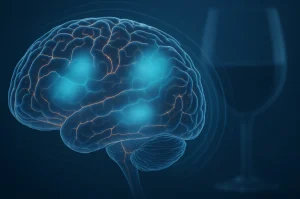
Alcohol is classed as a central nervous system (CNS) depressant. This means that it slows the communication between the brain and body, producing feelings of calmness, relaxation, and eventually drowsiness.
The slowing effect occurs because alcohol reduces the rate at which neurons fire. When this happens, the brain processes information more slowly, reaction times become delayed, and alertness drops.
Although people often describe alcohol as a stimulant in its early stages, this is misleading. The initial “buzz” is caused by alcohol lowering inhibitions and triggering a short-lived release of dopamine, the brain’s reward chemical.
Once this wears off, its depressant effects dominate. The more alcohol that is consumed, the more significant the sedation, making the brain increasingly prone to drowsiness.
How Do Neurotransmitters Like GABA and Glutamate Contribute to Sleepiness?
Alcohol changes the delicate balance of neurotransmitters, the chemical messengers that allow nerve cells to communicate. Two key neurotransmitters explain why alcohol makes people sleepy:
- GABA (gamma-aminobutyric acid): GABA is an inhibitory neurotransmitter. It naturally slows brain activity and creates a calming effect. Alcohol enhances the action of GABA, making the brain less excitable and more sedated.
- Glutamate: In contrast, glutamate is an excitatory neurotransmitter that helps keep the brain alert and active. Alcohol suppresses glutamate, reducing stimulation and further pushing the brain into a state of quietness.
The combined effect is a powerful push towards drowsiness. This is why people often feel like their mind is switching off after a few drinks, even when they are in stimulating environments such as parties or social gatherings.
How Does Alcohol Disrupt the Body’s Circadian Rhythm?
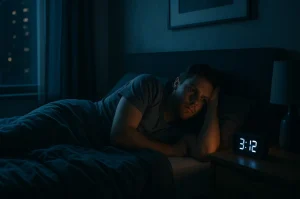
The body’s circadian rhythm is its natural 24-hour clock. It regulates cycles of sleep and wakefulness, primarily in response to light exposure. Alcohol interferes with this rhythm in several ways.
First, it suppresses the production of melatonin, the hormone that signals to the body that it is time to sleep. Reduced melatonin production confuses the body’s sense of timing, making it harder to fall asleep naturally.
Secondly, alcohol alters how the body responds to light and darkness cues. This can shift sleep phases, meaning people fall asleep at unusual times or wake up too early.
For example, someone might find themselves falling asleep rapidly after a late-night drink but then waking up in the small hours of the morning, unable to return to sleep. This disruption of the circadian rhythm is one of the main reasons alcohol-induced sleep feels less satisfying.
Why Is the Sleep After Drinking Not Truly Restful?
At first glance, alcohol may appear to improve sleep because it reduces the time it takes to fall asleep. However, the quality of sleep is significantly reduced.
The most affected stage is rapid eye movement (REM) sleep, which plays a vital role in learning, memory, and emotional stability. Alcohol shortens the amount of time spent in REM sleep, and the later hours of the night become particularly disrupted.
Furthermore, alcohol leads to fragmented sleep. As the body begins to metabolise the alcohol, stimulation increases again, often causing people to wake up multiple times.
The diuretic effect of alcohol also plays a role here. Since alcohol increases urine production, many people find themselves waking to use the bathroom more often during the night.
Another disturbance comes in the form of vivid dreams or even parasomnias such as sleepwalking. Because alcohol interferes with the brain’s normal sleep cycles, dreams may become more intense and realistic. While this can be memorable, it usually leaves the individual less rested by morning.
What Short-Term and Long-Term Effects Does Alcohol Have on Sleep?
The short-term effects of alcohol on sleep can feel manageable, especially if drinking is infrequent. A person may fall asleep more quickly and feel sedated for a few hours.
However, as the night progresses, they are more likely to experience broken sleep, multiple awakenings, and next-day fatigue.
The long-term effects are more concerning. Regular drinking before bed can train the body to rely on alcohol for sleep onset, leading to difficulties falling asleep without it.
Over time, alcohol can contribute to chronic insomnia, increased risk of sleep apnoea, and wider health problems linked to poor-quality rest.
The differences between short-term and long-term effects can be summarised below:
| Effect Type | Short-Term Impact | Long-Term Impact |
| Sleep Onset | Faster fall into sleep | Dependence on alcohol to sleep |
| Sleep Quality | Reduced REM and fragmented sleep | Chronic insomnia and poor overall health |
| Night-time Patterns | Frequent urination, vivid dreams | Long-term circadian rhythm disruption |
| Daytime Functioning | Grogginess and slower reaction times | Persistent fatigue and cognitive decline |
Why Do People Often Feel Tired the Next Day After Drinking?
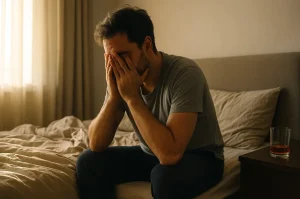
The feeling of tiredness after drinking alcohol is not simply a hangover. It is the result of disrupted sleep cycles and hormonal imbalance.
When alcohol suppresses melatonin and interferes with REM sleep, the brain misses out on its restorative processes. Even if someone sleeps for eight hours, the lack of proper sleep stages leaves them groggy and fatigued.
Alcohol also causes dehydration because of its diuretic effect. Dehydration contributes to headaches, tiredness, and reduced concentration the following day. In addition, cortisol, the stress hormone, can be elevated after alcohol consumption, further disturbing morning alertness and energy levels.
Does Alcohol Affect Everyone’s Sleep in the Same Way?
Not everyone experiences alcohol’s effects on sleep in the same way. Several factors determine how strongly it influences drowsiness and rest:
- Tolerance levels: Frequent drinkers may not feel as sleepy after small amounts, but this does not mean their sleep is unaffected. Their rest is still disrupted, just less noticeable.
- Gender: Women generally metabolise alcohol more slowly, meaning the sleep disruption can be stronger and last longer.
- Age: Older adults tend to be more sensitive to alcohol’s effects on sleep, experiencing greater disruption.
- Health conditions: People with sleep disorders such as insomnia or sleep apnoea often find their symptoms are worsened by alcohol.
These differences explain why some people wake up relatively refreshed after a few drinks, while others feel drained even after light drinking.
What Are Better Alternatives to Using Alcohol for Sleep?
Many people use alcohol as a way to unwind and encourage sleep, but it is not a healthy or sustainable strategy. Instead, adopting good sleep hygiene practices provides more reliable rest without the drawbacks.
Simple steps include maintaining a consistent sleep schedule, reducing caffeine intake in the afternoon and evening, and creating a relaxing pre-bed routine such as reading or meditation.
Ensuring the sleep environment is dark, cool, and quiet also helps promote deeper rest. Regular physical activity during the day can improve sleep quality, though vigorous exercise should be avoided just before bedtime.
These habits help the body naturally regulate its circadian rhythm and encourage restful, restorative sleep without the disruptive effects caused by alcohol.
Conclusion
Alcohol makes people sleepy because it depresses the central nervous system, increases the calming effects of GABA, suppresses the stimulating effects of glutamate, and reduces melatonin production.
This combination pushes the brain into a sedated state that encourages sleep onset. However, the sleep it produces is not natural or restorative. By disrupting circadian rhythms, suppressing REM sleep, and causing frequent awakenings, alcohol leads to poor-quality rest and next-day fatigue.
The answer to the question “why does alcohol make me sleepy?” is therefore twofold: it acts as a sedative in the short term, but it undermines the brain’s natural ability to achieve deep, restorative sleep.
For those looking to feel genuinely refreshed, healthier alternatives such as good sleep hygiene and relaxation techniques are far more effective than relying on alcohol.
FAQs
Does alcohol really help people fall asleep faster?
Yes, alcohol can reduce the time it takes to fall asleep, but this sleep is shallow and often disrupted.
Why do vivid dreams occur after drinking alcohol?
Alcohol disrupts REM sleep, leading to unusually intense dreams or even parasomnias such as sleepwalking.
Can regular alcohol use cause long-term sleep problems?
Yes, consistent drinking before bed can lead to insomnia, circadian rhythm disruption, and poor sleep quality.
Why do people wake up frequently after drinking alcohol?
As alcohol is metabolised, the sedative effect wears off, often causing multiple awakenings. Its diuretic effect also increases bathroom trips during the night.
How many hours before bedtime should alcohol be avoided?
Experts recommend avoiding alcohol at least four to six hours before sleep to minimise its disruptive effects.
Do men and women experience alcohol’s impact on sleep differently?
Yes, women usually metabolise alcohol more slowly than men, so they may experience stronger and longer-lasting sleep disruption.
What is the best way to recover from alcohol-related tiredness?
Rehydrating, eating balanced meals, and resting can help. Over the long term, avoiding alcohol before bedtime is the most effective solution.


